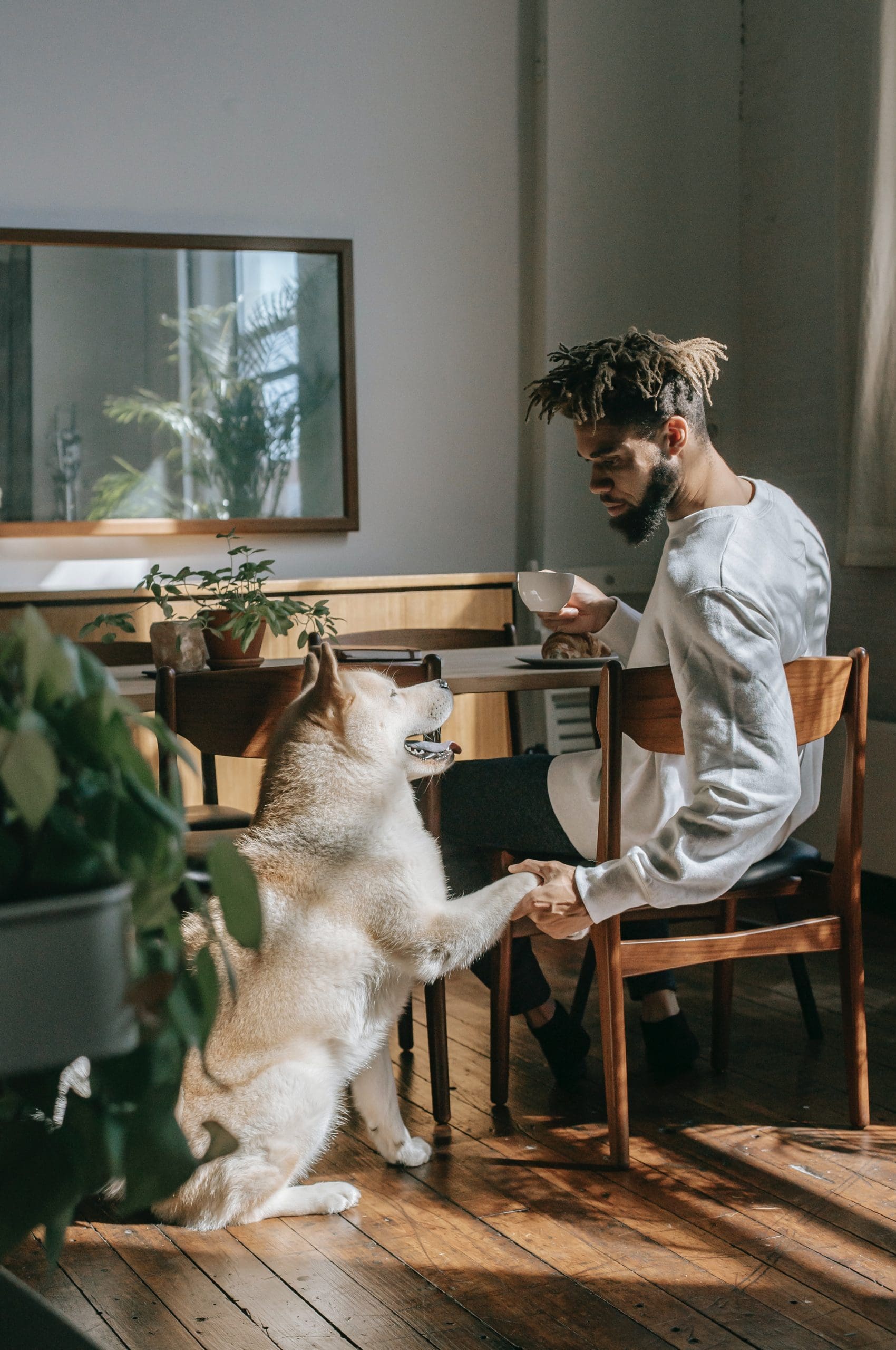It’s concerning when your dog starts to cough after drinking water. As a pet owner, ensuring your furry friend is healthy and happy is a priority. Coughing can signal various issues, especially when it occurs after drinking. Understanding the reasons behind this behavior can help you determine if it’s a minor concern or something requiring further attention.
Common Reasons for Coughing After Drinking
Coughing in dogs can stem from several factors, and paying attention to the context is vital. If your dog coughs occasionally after drinking water, it may not be a cause for alarm. However, frequent coughing or the presence of other symptoms could indicate an underlying health issue.
Aspiration Pneumonia
One common reason for coughing after drinking is aspiration pneumonia. This condition arises when water or food enters the lungs instead of the stomach, often occurring when dogs drink too quickly or inhale sharply. The body attempts to clear the foreign substance from the airways, resulting in coughing. If your dog shows difficulty breathing or has a persistent cough, consulting a veterinarian is essential, as aspiration pneumonia can become serious.
Throat Irritation
Throat irritation is another possibility. Dogs might gulp air while drinking, leading to discomfort and coughing. If your dog tends to drink quickly, they may develop a habit of coughing as a reaction to this irritation. Observing your dog’s drinking habits can provide insight into whether this is an issue.
Allergies
Allergies may also contribute to coughing. Like humans, dogs can be sensitive to environmental factors such as pollen, dust, or certain types of water. If your dog coughs after consuming treated water or water with a strong taste, it could trigger a reaction. Noticing patterns in your dog’s coughing related to specific environments or water types can help identify potential allergens.
Kennel Cough
Kennel cough, a highly contagious condition, can also cause coughing in dogs. This illness often leads to a dry, harsh cough that may worsen after drinking water. If your dog has been around other dogs recently and develops a cough, it’s wise to contact your veterinarian for guidance on managing the illness.
Underlying Health Issues
Underlying health problems, such as heart disease or respiratory issues, may present as coughing after drinking water. Heart disease can cause fluid accumulation in the lungs, leading to a cough that may become more noticeable post-drinking. Signs like lethargy, loss of appetite, or persistent coughing warrant immediate veterinary attention.
Monitoring Symptoms
Monitoring your dog for additional symptoms accompanying the cough is crucial. Changes in behavior, such as decreased activity levels or difficulty breathing, mixed with an increase in cough frequency or severity, indicate the need for veterinary care. Keeping a record of when the coughing occurs and any other behaviors can help your veterinarian make a more informed diagnosis.
Practical Solutions
If your dog coughs occasionally after drinking water without other concerning symptoms, a few simple adjustments can help. Encouraging slower drinking can be beneficial, which you can achieve by providing a wider bowl that allows for smaller sips. Using a water fountain may also promote slower drinking while keeping the water fresh.
Ensuring your dog stays well-hydrated throughout the day is another key aspect. Sometimes, dogs drink too quickly out of excessive thirst. Providing constant access to fresh water and encouraging regular sips can reduce rapid drinking occurrences.
If frequent coughing persists, consulting your veterinarian for a thorough examination is advisable. They can rule out serious conditions and offer tailored recommendations. Regular check-ups are vital for maintaining your dog’s health and identifying potential issues early.
Being Proactive About Your Dog’s Health
Staying attentive to your dog’s health and behavior significantly impacts their well-being. Documenting persistent coughing after drinking water can help identify patterns or triggers. Small changes in your dog’s routine or environment may lead to substantial improvements. Proactive pet ownership involves observing and responding to your dog’s needs.
While coughing after drinking water can be concerning, many cases are benign and manageable with simple adjustments. Keeping a vigilant eye on your dog’s overall health and behavior is essential. When in doubt, reaching out to your veterinarian is the best course of action, ensuring your dog remains happy and healthy. Understanding the reasons behind your dog’s coughing can help you provide the best care possible, allowing them to enjoy hydration comfortably.

